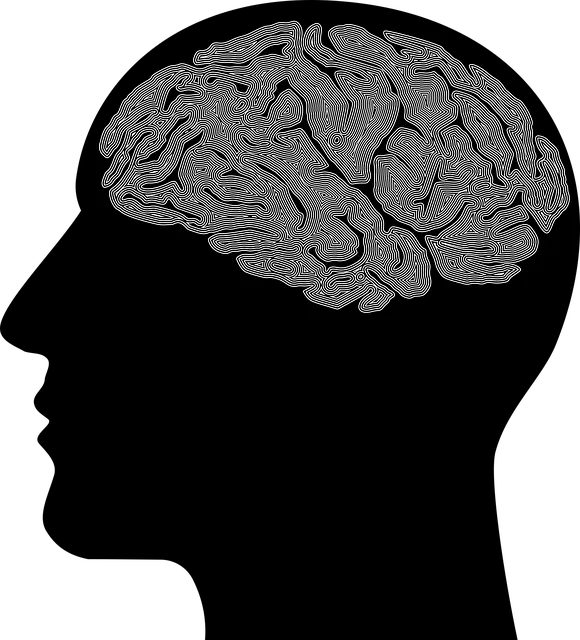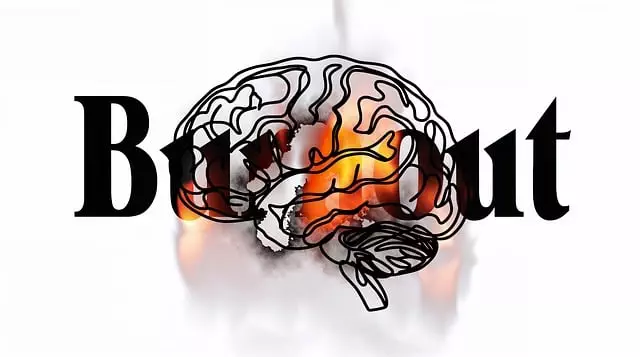Coping skills, learned through therapy, self-care, and support networks, are essential for maintaining mental wellness as highlighted by Kaiser Permanente's mental health number in Castle Rock. Effective coping mechanisms, such as self-awareness exercises, stress reduction methods, mindfulness practices, and positive relationships, help individuals manage stress, trauma, and emotions, leading to improved self-esteem, resilience, and overall well-being. Kaiser Permanente offers comprehensive services that guide people through recognizing emotions, building inner strength, solving problems, and cultivating support networks, preventing burnout and promoting long-term mental health. Their Castle Rock community initiatives prioritize cultural sensitivity and stigma reduction, creating an accessible and supportive network for diverse mental health solutions.
Coping skills are essential tools for navigating life’s challenges and maintaining mental well-being. This article explores the significance of these skills, offering a comprehensive guide to help individuals identify and develop effective coping mechanisms. We’ll delve into strategies for building resilience, providing a step-by-step approach to enhance emotional health. Additionally, we highlight valuable resources like the Kaiser Permanente Mental Health Number and Castle Rock Community, offering support when needed.
- Understanding Coping Skills and Their Significance
- Identifying Effective Coping Mechanisms
- Strategies for Developing Resilience: A Step-by-Step Guide
- Resources and Support: Kaiser Permanente Mental Health Number and Castle Rock Community
Understanding Coping Skills and Their Significance

Coping skills are the strategies we use to navigate life’s challenges and maintain our mental wellness. They play a pivotal role in how we respond to stress, adversity, or traumatic events, ultimately shaping our overall mental health. According to experts at Kaiser Permanente mental health number Castle Rock, these skills aren’t innate; they can be learned and enhanced through various methods like therapy, self-care practices, and support networks.
Developing robust coping mechanisms is essential for fostering self-esteem improvement and promoting a sense of resilience. Mental wellness coaching programs emphasize the importance of these skills in daily life. By equipping individuals with effective tools to manage stress, these programs contribute to public awareness campaigns that encourage open discussions about mental health. Recognizing the significance of coping skills is the first step towards nurturing a healthier, more balanced mindset.
Identifying Effective Coping Mechanisms

Identifying effective coping mechanisms is a crucial step in managing stress and trauma. At Castle Rock, Kaiser Permanente mental health services offer valuable resources for individuals seeking support. Understanding what coping strategies work best for you can significantly enhance your ability to navigate challenging situations. One way to begin this process is by reflecting on past experiences; what methods helped you overcome difficult times? Were there specific Self-Awareness Exercises or Stress Reduction Methods that proved beneficial?
Trauma Support Services within Kaiser Permanente are designed to empower individuals to develop healthy coping skills tailored to their unique needs. By learning and practicing these techniques, you can better regulate emotions, reduce stress, and foster resilience. Whether it’s engaging in creative outlets, connecting with loved ones, or adopting mindfulness practices, discovering your personal coping mechanisms is a powerful tool for maintaining mental well-being.
Strategies for Developing Resilience: A Step-by-Step Guide

Developing resilience is a crucial skill to navigate life’s challenges and promote overall well-being. Here’s a step-by-step guide to enhance your coping strategies, inspired by the comprehensive mental health services offered by Kaiser Permanente in Castle Rock.
1. Recognize and Accept Emotions: The first step towards building resilience is understanding and embracing your emotions. Encourage open dialogue about mental health through educational programs designed to destigmatize conversations around stress and anxiety. This awareness allows individuals to identify when they’re facing difficulties, whether it’s burnout from hectic work schedules or overwhelming personal issues. By accepting these emotions as normal responses, you can start to manage them more effectively.
2. Build Inner Strength: Cultivating inner strength is akin to crafting a robust shield against life’s storms. Engage in regular practices like mindfulness meditation, deep breathing exercises, and yoga to enhance your ability to remain calm under pressure. These activities are part of the holistic mental health education programs that have proven effective in preventing burnout among healthcare providers. Through consistent practice, you can develop a stronger connection with yourself, leading to improved emotional regulation and enhanced coping abilities.
3. Develop Problem-Solving Skills: Effective problem-solving is a cornerstone of resilience. When faced with challenges, break them down into manageable parts and explore various solutions. This process encourages critical thinking and fosters a sense of control over situations, boosting overall confidence in navigating adversity. Incorporating these strategies into your routine can help prevent burnout, especially in high-pressure environments like healthcare settings.
4. Cultivate Positive Relationships: Social connections are vital to resilience. Nurture meaningful relationships with friends, family, or support groups who can provide a safety net during difficult times. Sharing experiences and emotions with trusted individuals not only lightens the burden but also offers different perspectives, enabling better decision-making. Building a strong social network is an investment in your long-term mental well-being.
Resources and Support: Kaiser Permanente Mental Health Number and Castle Rock Community

For those seeking support in navigating mental health challenges, resources are readily available. One notable option is the Kaiser Permanente Mental Health Number, offering a dedicated line for members to connect with professionals who can provide guidance and care. This service ensures accessibility to expert advice, fostering an environment conducive to mental wellness.
Additionally, Castle Rock Community plays a vital role in promoting well-being through various initiatives. They emphasize cultural sensitivity in mental healthcare practice, recognizing the impact of diverse perspectives on treatment outcomes. By addressing mental illness stigma reduction efforts, they create a supportive network where individuals feel empowered to prioritize their mental health. These collective efforts contribute to a more inclusive and accessible landscape for those seeking mental wellness solutions in the Castle Rock area.
Coping skills are essential tools for navigating life’s challenges. By understanding and adopting effective mechanisms, individuals can build resilience and enhance their overall well-being. The strategies outlined in this guide, coupled with the support available from resources like the Kaiser Permanente mental health number and Castle Rock Community, empower folks to take charge of their mental health and foster a more balanced lifestyle. Remember, developing strong coping skills is a journey, and seeking help when needed is a sign of strength.






